The NSF Directorate for Technology, Innovation and Partnerships (NSF TIP) advances use-inspired and translational research in all fields of science and engineering, giving rise to new industries and engaging all Americans in the pursuit of new, high-wage jobs in science, technology, engineering and math (STEM).
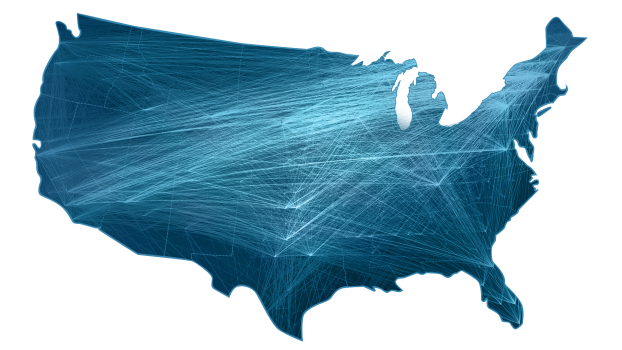
NSF TIP's mission
The Directorate for Technology, Innovation and Partnerships (NSF TIP) engages all Americans in accelerating key technologies to advance U.S. competitiveness. The directorate partners across sectors to advance three primary focus areas – accelerating technology, fostering innovation and economic growth, and preparing the American workforce for better-quality, higher-wage jobs.
 On this page
On this page
Regional Innovation and Economic Growth
TIP fosters technology-driven economic growth by engaging ecosystems of researchers, practitioners and users to shape research directions, catalyze iterative co-design and co-creation, and prepare American workers to ensure U.S. competitiveness.
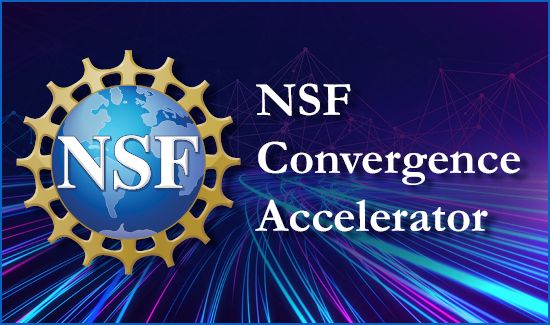
NSF Convergence Accelerator
Builds upon NSF's investment in basic research and discovery to accelerate solutions toward impact. NSF Convergence Accelerator multidisciplinary teams use convergence research fundamentals and innovation processes to stimulate innovative idea sharing and development of sustainable solutions.
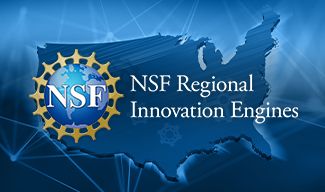
NSF Regional Innovation Engines
Bolsters innovation ecosystems across the U.S. The NSF Regional Innovation Engines (NSF Engines) program supports the development of cross-sector regional coalitions to engage in use-inspired research, drive research results to the market and society, promote workforce development, and ultimately stimulate the economy and create new jobs.
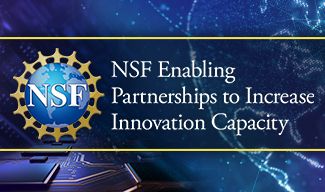
NSF Enabling Partnerships to Increase Innovation Capacity
The NSF Enabling Partnerships to Increase Innovation Capacity (EPIIC) program provides institutions with training and networking support to develop the capacity and institutional knowledge needed to help enable participation in regional innovation ecosystems, potentially connecting to NSF Engines.
Accelerating Technology Translation and Development
TIP accelerates the translation and development of breakthrough technologies. New programs are focusing on use-inspired and translational research in specific subareas within the key technology focus areas. Additionally, TIP programs provide pathways for researchers, startups, small businesses and aspiring entrepreneurs to move their ideas from the lab to the market and society.
Technology Translation
Lab-to-Market
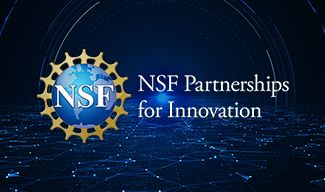
Lab-to-market: Partnerships for Innovation
Provides NSF-funded researchers the opportunity to increase the impact of their discoveries. Partnerships For Innovation, or PFI, teaches researchers how to develop and implement a technology roadmap, create a business model, and develop their technology into a prototype or proof of concept.
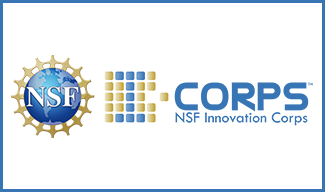
Lab-to-Market: Innovation Corps (I-Corps™)
Provides experiential entrepreneurial education to further the nation's innovation ecosystem. NSF I-Corps connects the technological, entrepreneurial and business communities — addressing skill and knowledge gaps to reduce the time it takes to bring technologies from the lab to the marketplace.
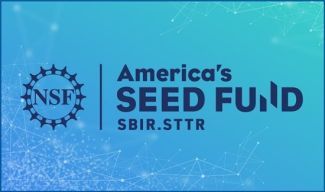
Lab-to-Market: America's Seed Fund
Invests in hundreds of early-stage startups annually, transforming scientific discovery into products and services with commercial and societal impact. America's Seed Fund, powered by NSF, supports startups and small businesses working across almost all areas of science and technology. Each company can receive up to $2 million to support research and development.
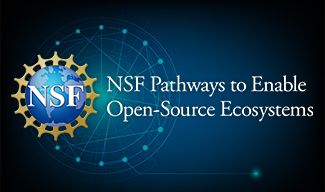
Open-source ecosystems: NSF Pathways to Enable Open-Source Ecosystems
Offers researchers a novel pathway for translational impact. NSF Pathways to Enable Open-Source Ecosystems (POSE) fosters open-source communities and models — from software systems and data systems to climate modeling and CRISPR — to create products and artifacts.
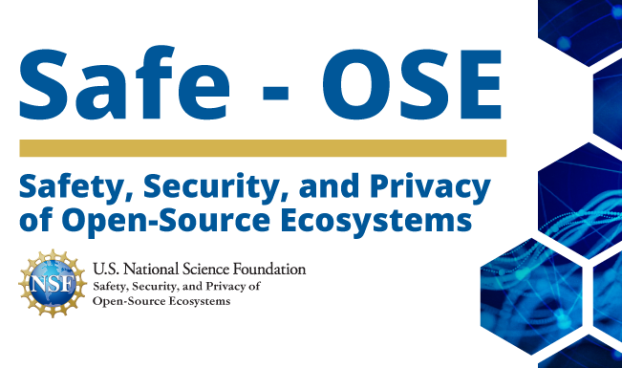
NSF Safety, Security, and Privacy of Open-Source Ecosystems (Safe-OSE)
The NSF Safety, Security, and Privacy of Open-Source Ecosystems (Safe-OSE) program supports efforts to address safety, security and privacy vulnerabilities in open-source ecosystems to enhance their resilience and ability to manage current and future risks.
Learn about Safe-OSE
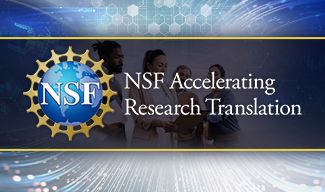
Capacity Building: NSF Accelerating Research Translation
The Accelerating Research Translation (ART) program will support academic institutions to speed and scale their translational research activities to deliver impactful products, services, and solutions.
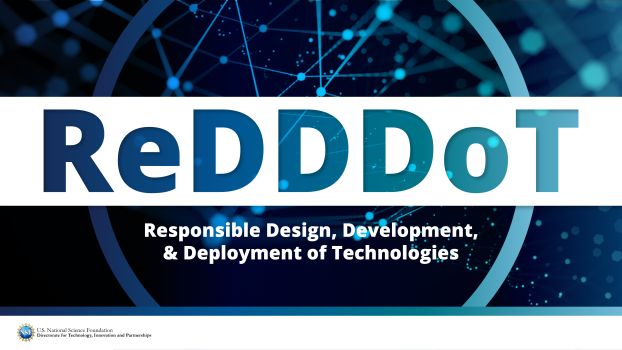
Societal and Ethical Implications: ReDDDoT
The Responsible Design, Development and Deployment of Technologies (ReDDDoT) program aims to help create technologies that promote the public's wellbeing and mitigate potential harms.
Technology Development
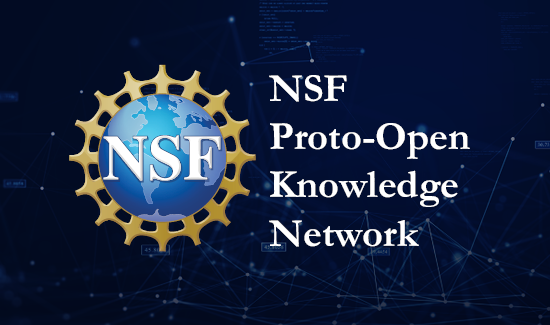
Artificial Intelligence: Proto-OKN
The NSF Building the Prototype Open Knowledge Network (Proto-OKN) program will build a prototype version of an integrated public data and knowledge framework.
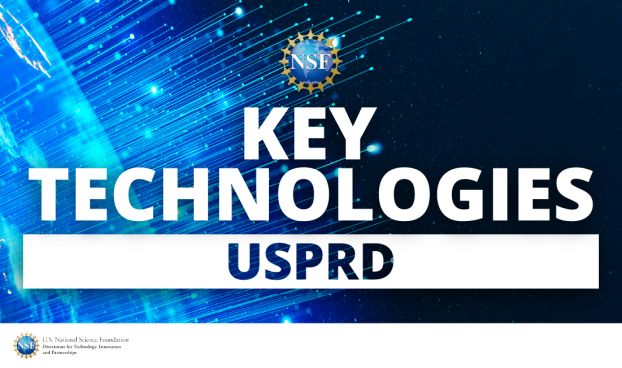
BioTech: USPRD
Use-Inspired Acceleration of Protein Design (USPRD) is a $40 million, three-year initiative that will accelerate the translation of novel approaches to protein design and enable new applications of importance to the U.S. bioeconomy.
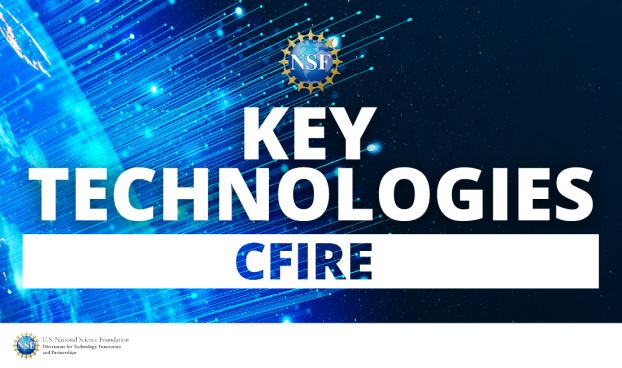
Biotech: CFIRE
A new $40 million funding opportunity designed to accelerate the adoption of cell-free systems, enable new applications of this technology and contribute to the growth of the U.S. bioeconomy.
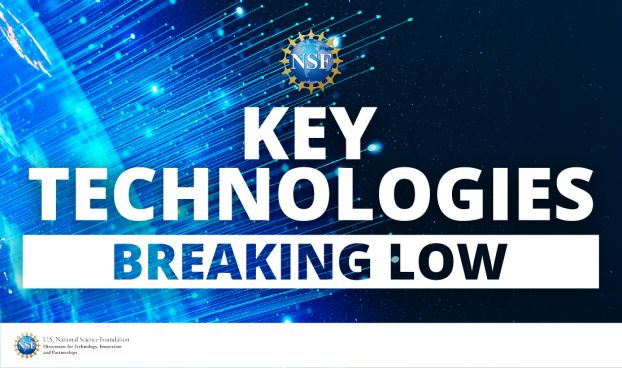
Communications: Breaking Low
Breaking the Low Latency Barrier for Verticals in Next-G Wireless Networks (Breaking Low) is a $12 million, two-year initiative that seeks to identify and solve critical architectural, technical and technological issues that must be resolved in current fifth-generation (5G) and next-generation (Next-G) wireless networks.
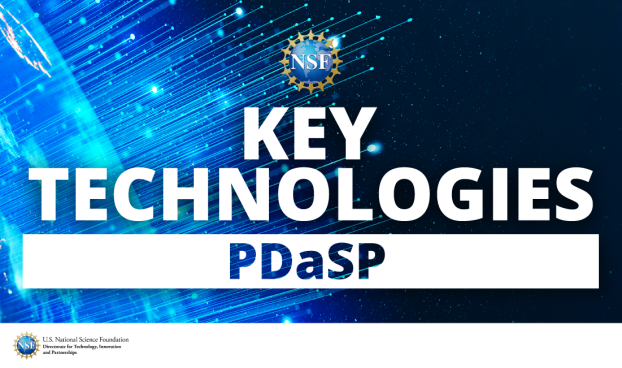
Artificial Intelligence: Privacy-Preserving Data Sharing in Practice
The Privacy-Preserving Data Sharing in Practice (PDaSP) program emphasizes the role for privacy-enhancing technologies (PETs) in a responsible and safe AI future.
Learn about PDaSP
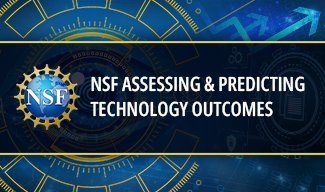
APTO
The Assessing and Predicting Technology Outcomes (APTO) program will fund research to evaluate the effectiveness of research and development investments and the creation of models that accurately describe past and future technology outcomes.
Preparing the U.S. Workforce
TIP ignites partnerships among academia, industry, government, nonprofits, civil society and communities of practice to meet people where they are, providing Americans with access to the experiential and educational offerings that position them to participate in the 21st-century STEM-driven economy.
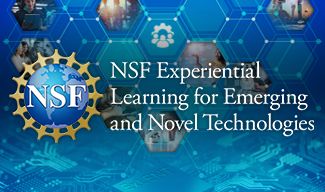
ExLENT
The NSF Experiential Learning for Emerging and Novel Technologies (ExLENT) program expands practical learning opportunities for individuals interested in entering or gaining more experience in emerging and novel technology areas.
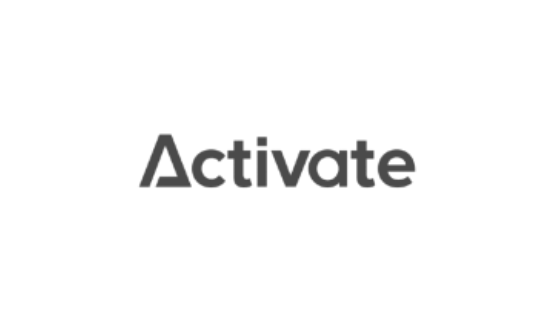
Entrepreneurial Fellowships
Over two years, each Activate Fellow supported by NSF will receive training and at least $350,000 in direct support, plus access to specialized research facilities and equipment. These Entrepreneurial Fellowships are made possible by NSF funding to Activate.org, a nonprofit organization.

National Network for Microelectronics Education (NNME)
A $30 million NSF and Department of Commerce funding opportunity to establish the Network Coordination Hub that will manage the National Network for Microelectronics Education (NNME) and lead its national strategy to address the expected shortage of skilled workers needed by the U.S. semiconductor and microelectronics industry over the next decade.
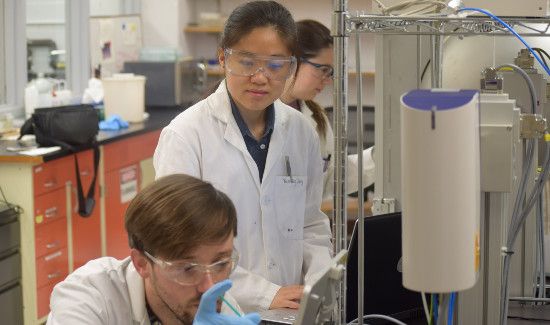
Workforce Development RFI (NSF 23-100) Responses
NSF requested input on ways to make educational pathways into careers in key technologies accessible to any American interested in participating in the U.S. research and innovation enterprise through the Future Topics for Workforce Development in Emerging Technology Career Pathways Request for Information (RFI).
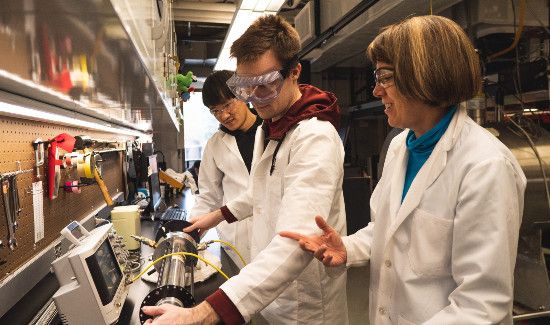
NSF Research Traineeship
A new track of the NSF Research Traineeship (NRT) program designed to help graduate students at non-R1 institutions of higher education (IHEs) – institutions without high research activity – develop the skills, knowledge and competencies needed to pursue a range of careers in STEM.
Past Investments
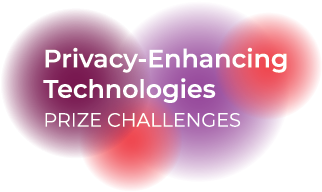
Data: Privacy-Enhancing Technologies
Build privacy-preserving artificial intelligence solutions to tackle financial crime and improve pandemic responses by competing in the Privacy Enhancing Technologies Prize Challenge.

Learning Tech: VITAL Prize Challenge
Develop innovative learning technologies for K-12 students by competing in the Visionary Interdisciplinary Teams Advancing Learning, or VITAL, Prize Challenge.
